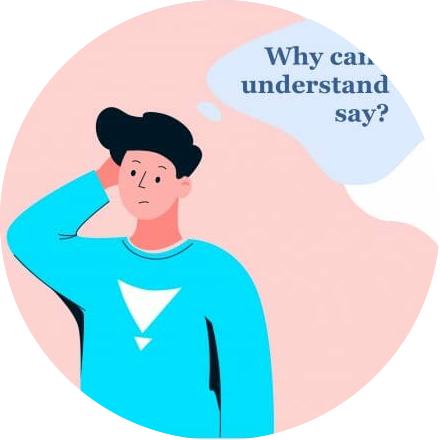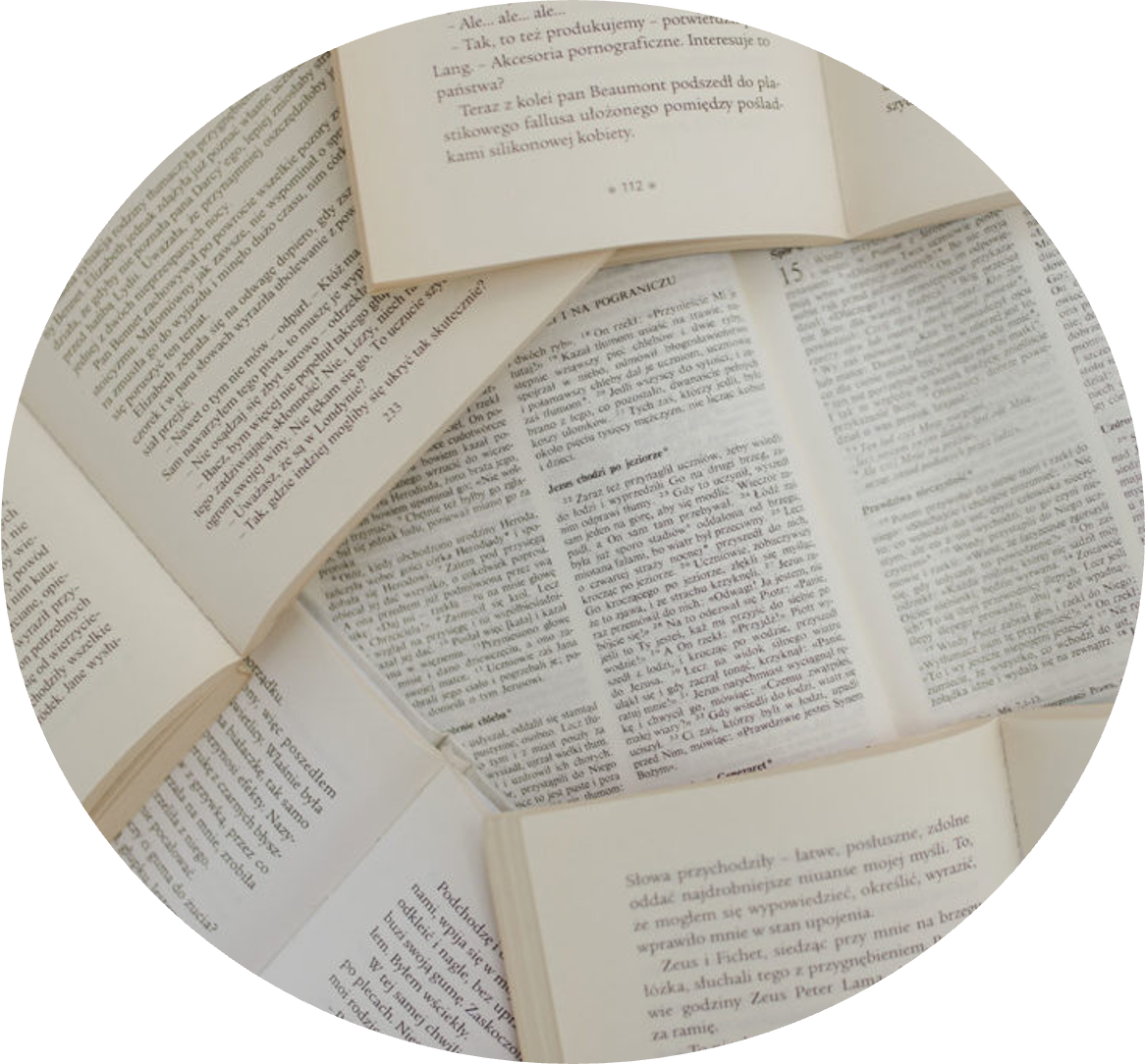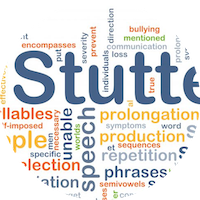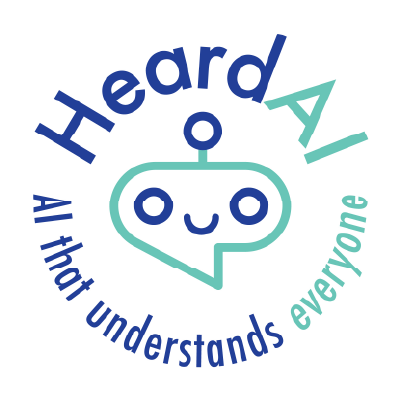Spartan Stuttering Lab Research
The Spartan Stuttering Laboratory conducts research on the experience of stuttering and cluttering. Our work is funded by the U.S. National Institutes of Health, the National Science Foundation, and Michigan State University. We are grateful for their support. We are also grateful for our ongoing partnership with Dr. Seth Tichenor and the Life Impact of Speech and Stuttering Lab at Duquesne University.
Our primary goals are to better understand the adverse impact that stuttering and cluttering can have on people’s lives and to identify ways of reducing that burden. If you are a person who stutters, a person who clutters, a caregiver, or a speech-language pathologist, please help us in our work. Click on the links below to participate in our studies.
Thank you!
(This page displays best on tablets or computers. Responsiveness to phone-sized screens is coming soon.)
People Who Stutter
Much of our work is focused on the life experiences of people who stutter. Our primary study, “Stuttering in the Real World” aims to collect the largest-ever speech samples of people communicating in their everyday situations. Other studies involve surveys and questionnaires designed to improve our understanding of factors that affect the quality of life of people who stutter. Clicking on the links below will take you directly to the consent form for the studies, so that you can learn more and decide whether you wish to participate.
|
Stuttering in the Real World |
Experiences of Variability |
|
Understanding Severity
|
Anxiety, Worry, and Stuttering |
|
HeardAI: Voice AI for Stuttering |
Resilience in People Who Stutter |
|
|
Watch this space! |
People Who Clutter, Speech-Language Pathologists, Caregivers, and Everyone Else
Although the majority of our work focuses on people who stutter, we are also conducting studies on the experiences of people who clutter, as well as on the various situations where people who do not stutter speak. Also, some of our work has been translated to other languages, so that we can gain knowledge from a diverse, global audience. Clicking on the links below will take you directly to the consent form for the studies, so that you can learn more and decide whether you wish to participate.

Overall Assessment of the
Speaker's Experience of Cluttering
If you are a person who clutters, we want to learn from you! Please join in the largest-ever survey of the experiences of cluttering.

In What Situations
Do People Talk?
If you are not a person who stutters or clutters, we want to learn from you, too! Tell us about all of the situations where you talk.
Prior Research

Thanks to your invaluable contributions, we have published numerous studies on the experience of stuttering. Here are some of our recent papers directly related to this work:
- Understanding the broader impact of stuttering: Suicidal ideation
- Individual differences in attentional control predict working memory capacity in adults who stutter
- Variability of stuttering: Behavior and impact
- Recovery and relapse: Perspectives from adults who stutter
- Stuttering as defined by adults who stutter
For more information, please contact us at info@stutteringlab.msu.edu.







